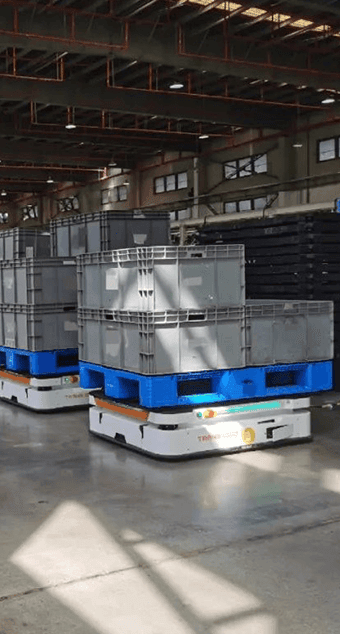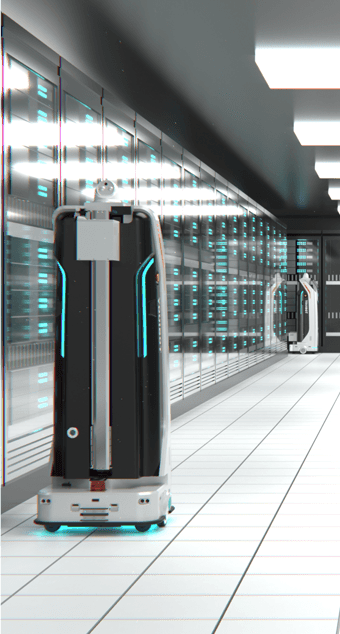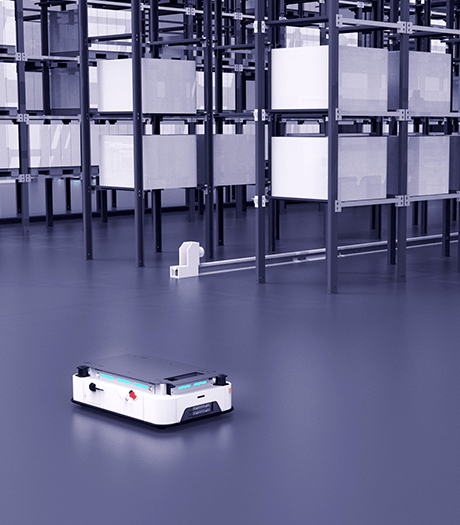
As the demand for automation in various industries continues to grow, autonomous mobile robot (AMR) companies have emerged as key players in the market. These companies specialize in developing and manufacturing robots that can navigate and perform tasks without human intervention. In this article, we will explore the rise of amr companies and discuss the delicate balance between standardization and customization they face.
The Evolution of AMR Companies
AMR companies have witnessed significant growth over the past decade due to advancements in robotics technology and increasing labor costs. These companies offer a wide range of solutions tailored to different industries such as logistics, healthcare, manufacturing, and agriculture. By leveraging artificial intelligence algorithms, sensors, and mapping technologies, AMRs are capable of efficiently performing repetitive tasks while adapting to dynamic environments.
Youibot: Pioneering Innovation
Youibot is one such company at the forefront of revolutionizing automation with its cutting-edge robotic solutions. With a focus on research and development, Youibot has developed a diverse portfolio of AMRs that cater to specific industry needs. Their robots are equipped with advanced perception systems that enable them to safely navigate complex environments while interacting seamlessly with humans.
In addition to their technological prowess, Youibot also emphasizes customization options for their clients. They understand that each industry has unique requirements; therefore, they provide flexible software interfaces that allow businesses to tailor their robots’ functionalities according to their specific needs.
Industrial Robot Company: Striking a Balance

While standardization offers benefits such as cost-effectiveness and ease of deployment across multiple sites or customers for AMR companies like industrial robot company (IRC), striking a balance between standardization and customization is crucial. IRC recognizes this challenge and has adopted a hybrid approach.
IRC offers a range of standardized AMR models that are designed to meet the common needs of various industries. These models come with pre-defined functionalities, making them readily deployable for tasks such as material handling or inventory management. However, IRC also provides customization options for clients who require specific adaptations to their workflows or environments.
The Conclusion
In conclusion, AMR companies have become instrumental in driving automation across industries. They offer innovative solutions that streamline operations and enhance productivity. The key lies in striking the right balance between standardization and customization. While standardization ensures scalability and cost-effectiveness, customization allows businesses to optimize robots’ performance according to their unique requirements.
As technology continues to advance, we can expect further advancements from AMR companies like Youibot and Industrial Robot Company, enabling even greater efficiency and adaptability in the world of automation.
